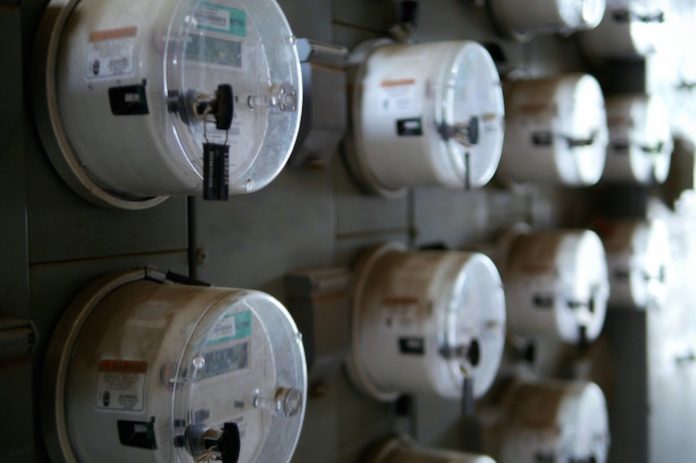It can be frustrating to see your energy bill higher than usual. You can think of several factors that may cause such a hike, and among them can be overcharges from your energy provider. It’s typical to get worried about paying more than you should for your electricity. However, you also have to consider other factors, as well.
Energy bills can usually be higher during the winter season when you’re using the heating system more often. If you’re using up more energy than usual, your bill is more likely to increase. But if nothing has changed in your consumption, there must be something wrong with your invoice, which can be due to a computer error or some unknown charges.
In any case, nobody wants to be charged unnecessarily on their energy bills. In the following, we’ve discussed how you can avoid being overcharged by your energy supplier.
Take Note of Your Consumption
Overcharges in your energy bill can happen and add up. However, it’s worth noting that many of them are unintentional. There is plenty of room for hardly noticeable mistakes, especially if you don’t keep track of some essential details.
For one thing, you won’t be able to realize that something has gone wrong with your account if you’re not mindful of how much energy you’ve been using at home. It can be tempting to put all the blame on your energy provider. But taking note of your energy consumption may help you to discover potential errors and make reasonable inquiries.
Monitor Your Energy Meter
One possible reason that your bill is much higher than you’ve expected can be faulty meter equipment. It’s also applicable even in undercharges that may result in an unusual payout later on. That’s why you must take energy meter readings regularly, along with monitoring your consumption. By doing this, you’d be able to detect any malfunction as early as possible.
Reading your meter regularly and updating your supplier leaves them no room to estimate your energy bill. Without these readings, suppliers are likely to calculate your bill, which allows them to charge you unnecessarily. Submit your meter readings to avoid being overcharged because of estimated bills.
Although it varies from supplier to supplier, most of them allow you to submit meter readings online or through a smartphone app with a snapshot of your meter. If you use a smart meter, it would automatically send the readings to your energy provider.
Make Inquiries
It’s easy to neglect a high electric bill, but it’s always better to make inquiries, especially when you are uncertain. If you are doubtful as to why your bill has suddenly increased despite taking your meter readings regularly and being mindful of your consumption, reach out to your energy provider right away.
It wouldn’t hurt to ask relevant queries about your bill, but speak calmly and sensibly. You can start by inquiring about the significant difference between your previous and current bills. Don’t be afraid to ask as many questions as necessary to understand how they calculate your bill so you can find out whether you’ve been charged with hidden additional costs.
Compare Different Suppliers
The energy market is volatile. It’s always a good idea to compare different suppliers every six months at the very least. Note that energy suppliers tend to bank on consumers who don’t look through the market even if they’re increasing prices. You can be paying a higher amount because of your supplier.
That’s why it’s also crucial that you compare your options, especially if you suspect that your current provider is already overcharging you. You’d be surprised to know that you can save money if you shop around, as there are cheaper deals from your better choice of energy supplier.
Switch Suppliers When Necessary
If you think you’re no longer getting a good deal with your current provider despite making inquiries, it might be time to switch to a new one. However, make sure that you’ve done enough research before making such a significant change.
It’s also essential to note that exit or cancellation fees are often designed to hold you back from switching providers before your contract ends. Exit fees are usually attached to fixed-rate plans, though. But if you don’t want to be charged with unexpected high energy billing due to an exit fee, you must read the fine print before you sign up for any new deal. This way, you’d avoid any unanticipated costs when you want to switch suppliers.
Takeaway
It’s both your right and responsibility to make inquiries about your electric bill, although the supplier is also accountable for any overcharges, whether or not intentional. But they wouldn’t acknowledge any problem unless there is a complaint from the customers. Others will even continue the billing abuse as long as they can get away with it. Thus, as a consumer, you must be knowledgeable enough to detect and resolve billing problems quickly.
Find a Home-Based Business to Start-Up >>> Hundreds of Business Listings.
















































